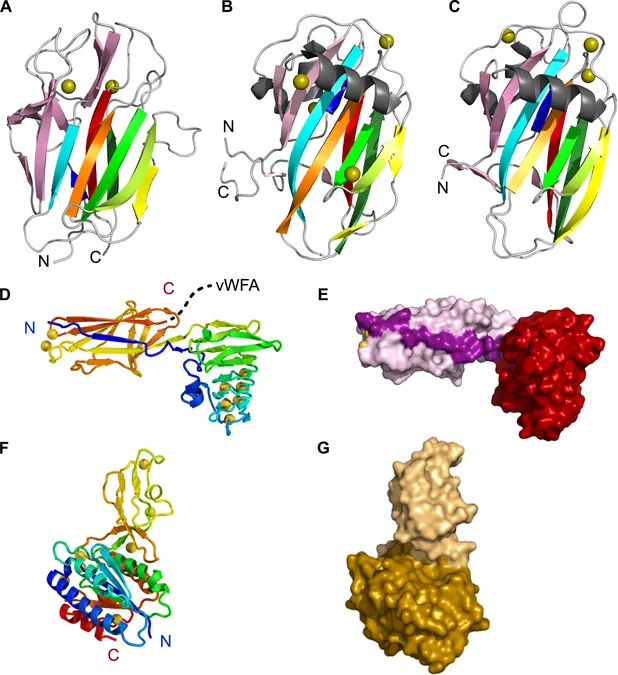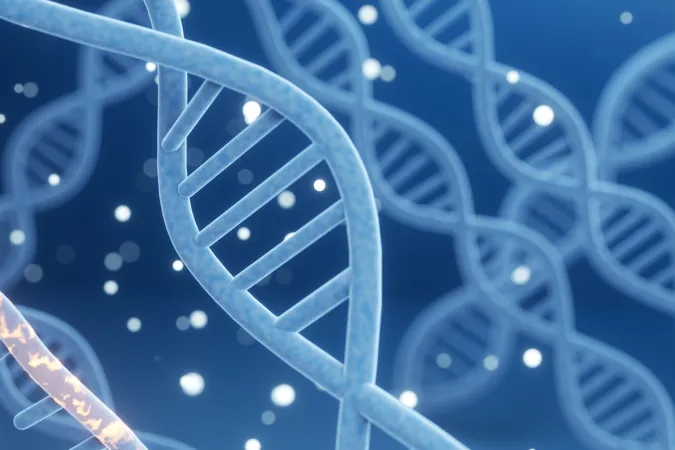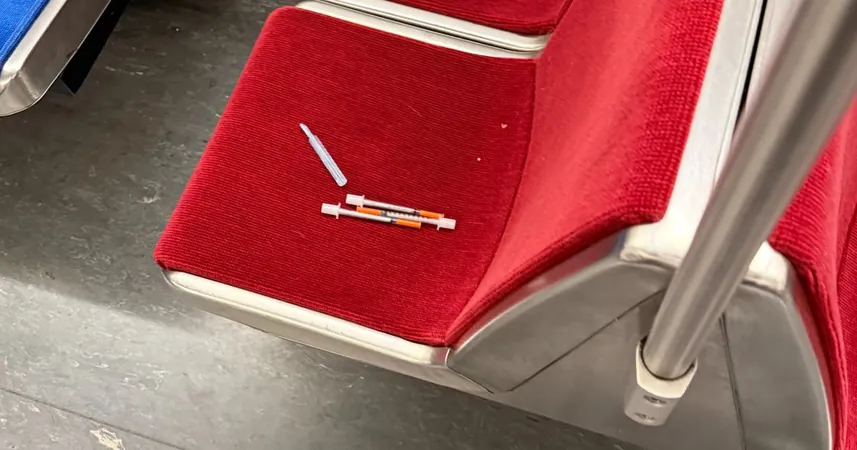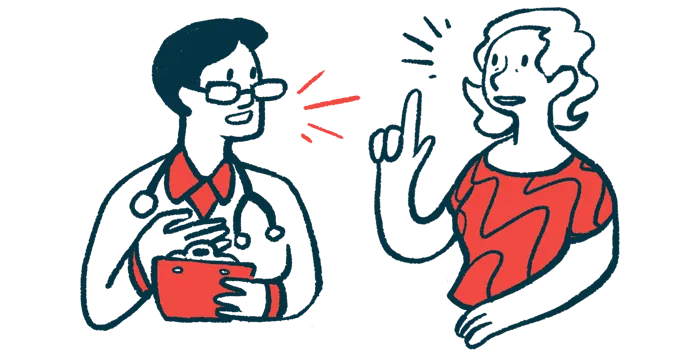
Revolutionary Approach to Prevent Infections: Blocking Bacterial Attachment!
2025-05-20
Author: Olivia
The Battle Against Infections Begins!
As fears grow over the diminishing effectiveness of antibiotics, scientists are turning to groundbreaking strategies to prevent bacteria from initiating infections in humans and animals alike.
Discovering How Bacteria Attach to Our Cells
Dr. Peter Davies, a biochemistry professor and former Canada Research Chair at Queen's University, is at the forefront of this research. His team is on a mission to uncover the secrets behind how bacteria latch onto the very host cells they aim to infect.
Visualizing Bacterial Adhesins: The Key to Disruption
Utilizing the advanced Canadian Light Source (CLS) at the University of Saskatchewan, Davies and his colleagues have successfully visualized adhesins—slender proteins that most bacteria possess. These proteins grab onto sugar molecules on the surface of cells, paving the way for infection by forming colonies and biofilms.
A Game-Changer: Interfering with Bacterial Attachment
The goal? To disrupt this crucial attachment process. As Davies explains, their research aims to introduce something that confuses bacteria, preventing them from binding to host cells.
Harnessing AI for Groundbreaking Insights
With the help of an AI program that crafts three-dimensional protein models, the team identified specific regions on the adhesins that interact with sugar molecules on human blood cells. Notably, they found a binding site for fucose, a simple sugar crucial in this interaction.
Innovative Solutions: Flooding the Market with Fucose!
Using advanced imaging techniques known as crystallography at CLS, the researchers confirmed their model. By introducing additional fucose into the environment alongside the bacterium Aeromonas hydrophila—known to pose risks to immunocompromised individuals—they could effectively disrupt the bacterial binding process. "The bacteria get overwhelmed by all the extra fucose, making it harder for them to latch onto host cells," Davies reveals.
What's Next? Creating Mimics of Fucose!
Looking ahead, the research team plans to develop compounds that mimic fucose but are not metabolized by bacteria or human cells. This means a reduced necessity for sugar in the system, making it a more effective preventative measure.
A Future Without Antibiotics?
Davies envisions a future where these fucose analogs could be patented, protected, and marketed as a revolutionary drug to partially replace traditional antibiotics. This innovative approach could alter the landscape of infection treatment, steering us towards a safer, more effective solution!









 Brasil (PT)
Brasil (PT)
 Canada (EN)
Canada (EN)
 Chile (ES)
Chile (ES)
 Česko (CS)
Česko (CS)
 대한민국 (KO)
대한민국 (KO)
 España (ES)
España (ES)
 France (FR)
France (FR)
 Hong Kong (EN)
Hong Kong (EN)
 Italia (IT)
Italia (IT)
 日本 (JA)
日本 (JA)
 Magyarország (HU)
Magyarország (HU)
 Norge (NO)
Norge (NO)
 Polska (PL)
Polska (PL)
 Schweiz (DE)
Schweiz (DE)
 Singapore (EN)
Singapore (EN)
 Sverige (SV)
Sverige (SV)
 Suomi (FI)
Suomi (FI)
 Türkiye (TR)
Türkiye (TR)
 الإمارات العربية المتحدة (AR)
الإمارات العربية المتحدة (AR)